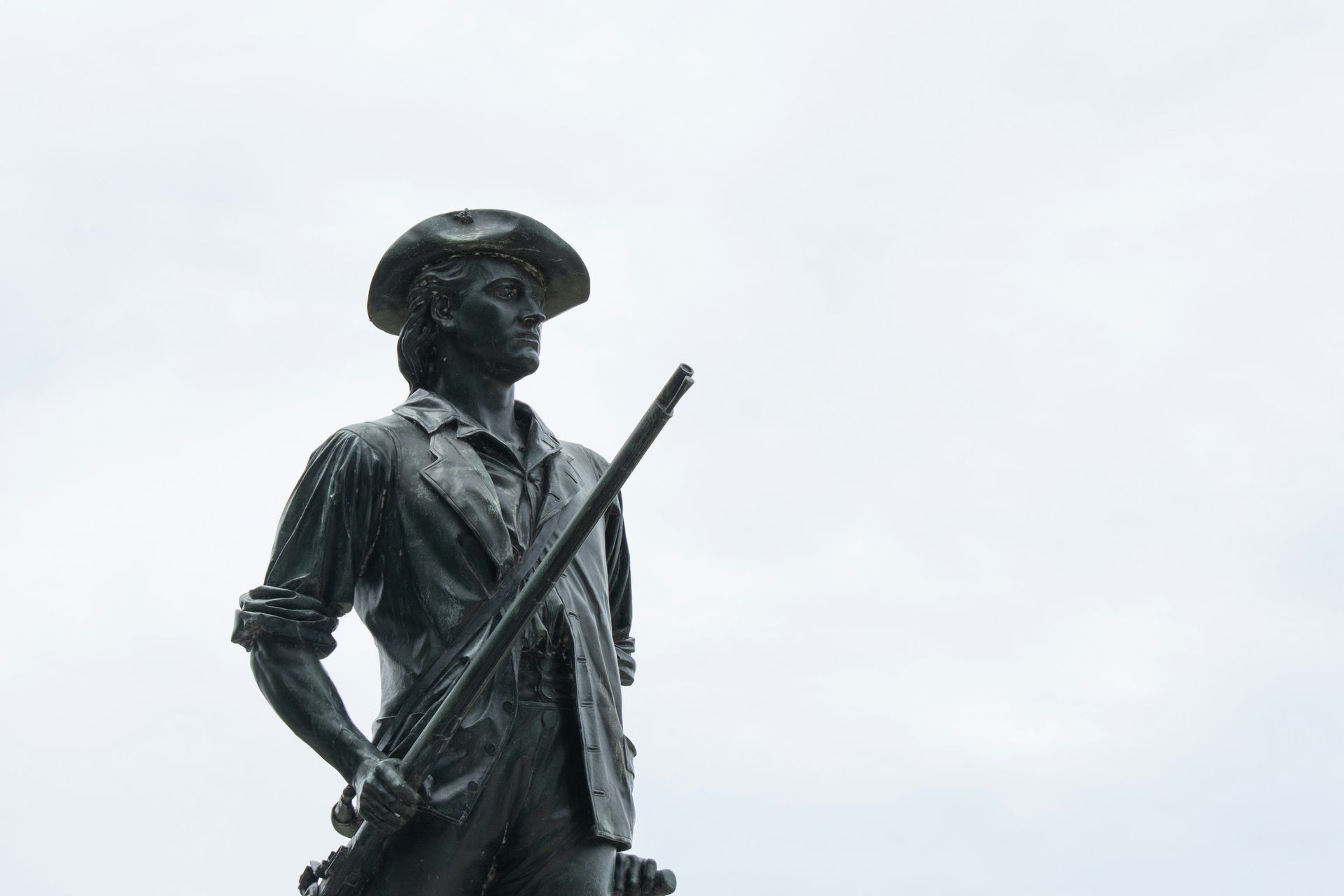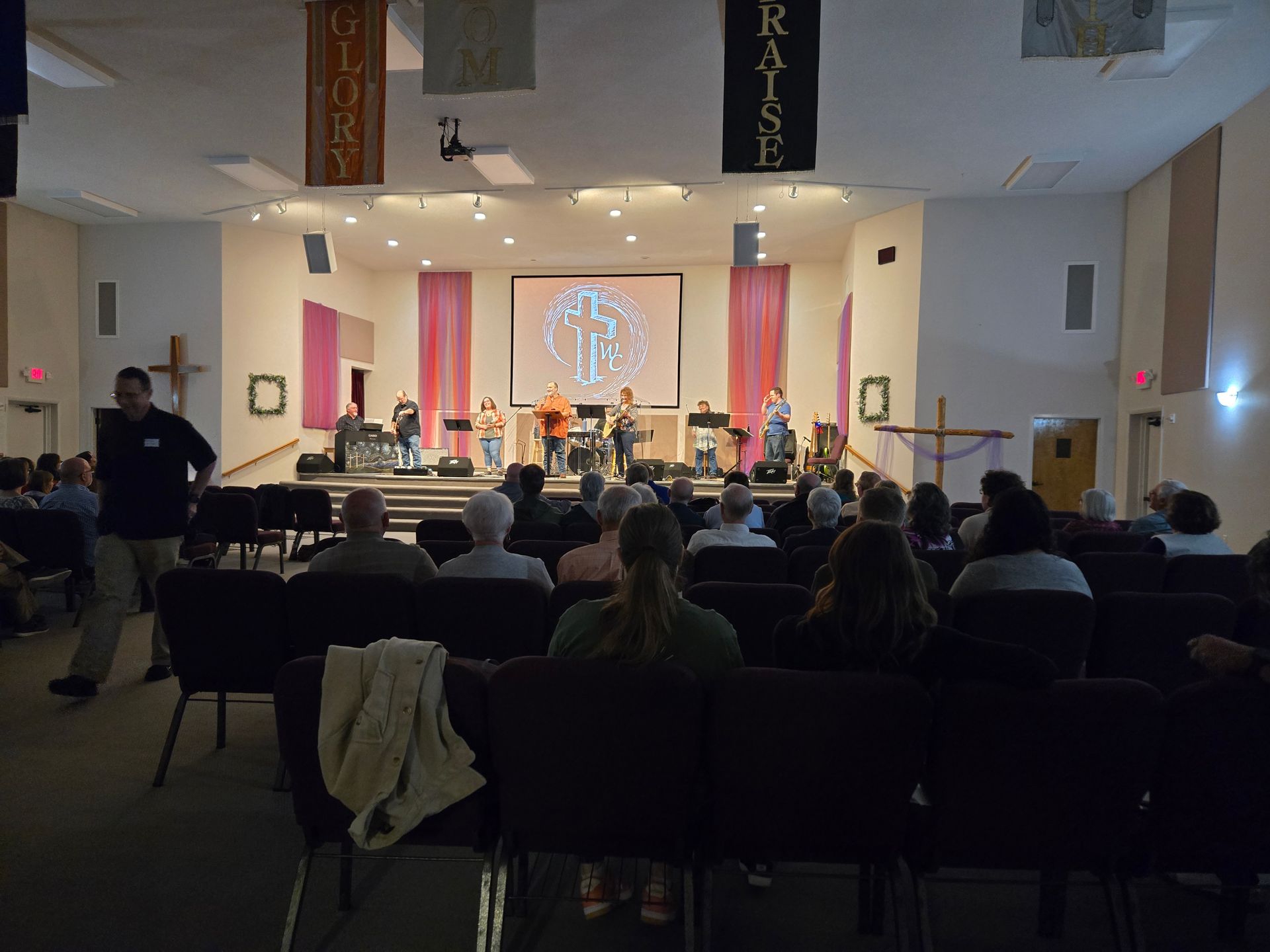Brethren and the Boston Tea Party
This month, America celebrates the 250th anniversary of the Boston Tea Party. On December 16, 1773, approximately seventy-five determined Bostonians boarded three ships and dumped 92,000 pounds of tea overboard. The bold action was symbolic because tea was the national
drink on both sides of the Atlantic—green, not black, spiked with cobalt by the Chinese to make it greener—but the insurgents also provoked a genuine turning point in the relationship between Britain and many of its North American colonists. As we celebrate this famed national moment,
may we then ponder its meaning for Brethren today.
The Patriots, dressed as Indians to summon Indigenous bravery rather than to disguise themselves, boarded the first ship, the Dartmouth, at 6 p.m. under a bright moon and the darkness of mid-winter New England. As a large crowd watched from the docks, the faux Indians, working men who knew how to use block and tackle, went about their work in silence, save for the chopping open of chests with hatchets and axes. In three efficient hours, the Tea Party created one of the most celebrated moments of the American revolutionary movement.
The Patriot movement was angry because British officials had granted the East India Company the right to sell directly to consignees in North America, bypassing middlemen in London. Consequently, the tea was cheaper than smuggled Dutch tea, but it still bore a hated tax.
Moreover, limiting sales to designated consignees in North America created a government-made monopoly for a fortunate few and cut out many other local merchants.
Some American leaders thought that the Tea Party was an overreaction. George Washington lamented the assault on private property, and Benjamin Franklin pointed out that the stockholders in the East India Company were not America’s opponents. Across the pond, for the first time British officials contemplated war. Indeed, the Tea Party had a large hand in a deteriorating situation that devolved into a very costly eight-year armed conflict with high casualties and pervasive brutality. The War for Independence was not a gentleman’s war, a popular myth. Brethren nonresistants suffered heavily.
The slide from a bitter argument over taxation without representation, a valid complaint, into open warfare remains tragic. The British Isles and British North America shared much in common, including religion. How could such a tragedy have happened?
The British-American descent into darkness resembles our situation today with its passion, misunderstandings, and wide gulf between antagonists. This is not to suggest that America is on the cusp of a lengthy, horrible war, but America has already damaged itself and more serious injury is certainly plausible.
One of the great contributions of the American Revolution was the empowerment of individual citizens in the public square. In that spirit, let Brethren listen for God’s message for them in these alarming times. How can individual Brethren make a positive contribution to public discourse? God is close, speaks clearly (God does not mumble), and will instruct us.
Indeed, the Scriptures are unmistakable about the nearness of God. “Draw near to God, and God will draw near to you” (James 4:8). If you hear my voice and open the door, I will come in to you.” (Revelation 3:20). “Ask, and it will be given you; search, and you will find; knock, and the door will be opened for you” (Matthew 7:7-8). And “Let anyone who wishes take the water of life as a gift.” (Revelation 22:17), which was a favorite of the early Brethren.
Consequently, yea, though we walk through the valley of cable news, Thou art with us. In the cacophony of demagogic politicians and depressing overseas conflicts, God’s still, small voice is discernable.
(Sadly, some who suffer from mental illness or difficult health struggle to find God, with good reason. My heart goes out to them. But they are exceptions. For most of us, knock and it shall be opened.)
Undoubtedly, the potential descent into national darkness is a religious issue because deteriorating American democracy threatens to hurt individuals. Unrelenting intimidation and harassment of local officials, just one example, is already widespread and inflicts pain on its targets. Thus, religion has a role in political life because of the great capacity for public policy and behavior to help or hurt God’s children.
God probably won’t commission concerned Brethren to change the world, but those who pray about it will hear how to contribute to society at large and, specifically, how to relate to our political crisis. As we commemorate the Boston Tea Party, God will counsel concerned Brethren
about how to enhance the democracy that the Boston patriots so desired and how to heal the nation that they created.
Steve Longenecker is Professor of History, emeritus, at Bridgewater College (VA).
Photo by Dipen Patel on Unsplash










